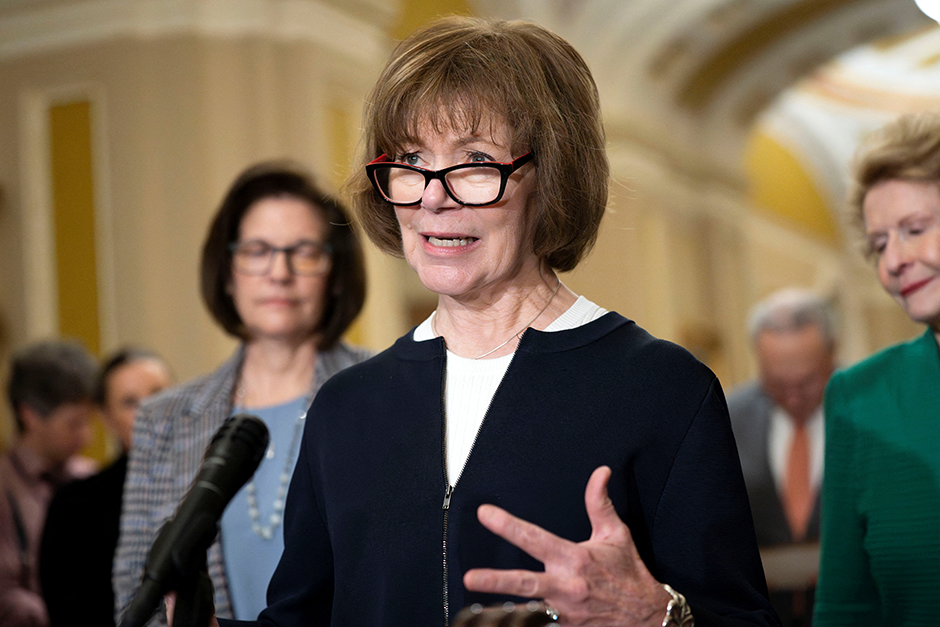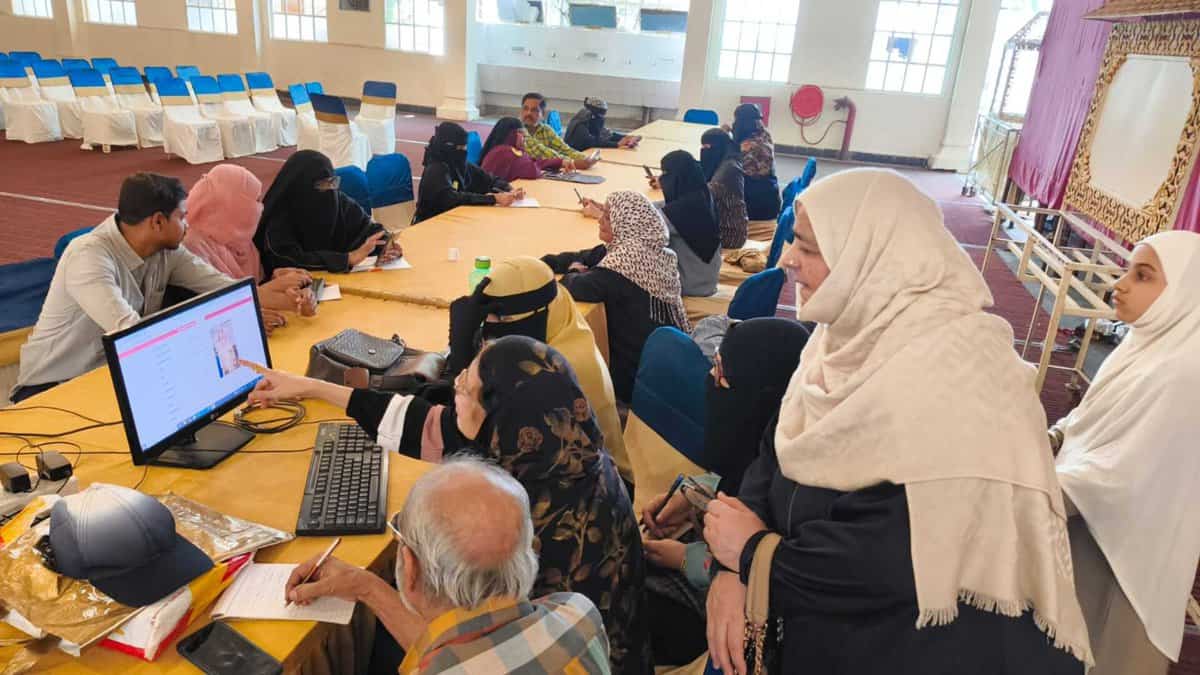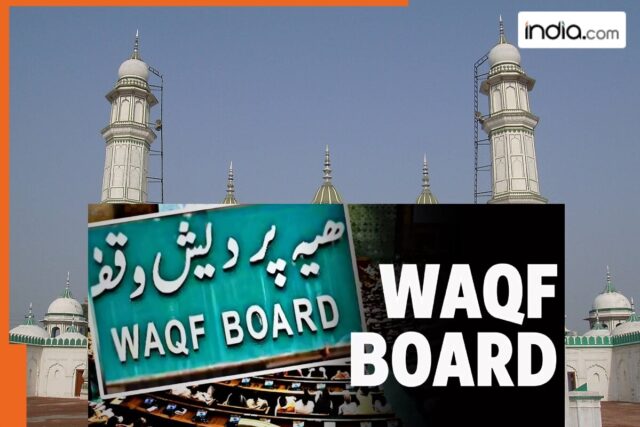A person who donates his property in the name of Allah is called Waqf.
Waqf properties: The Waqf Bill 2025 has been introduced by the Modi government in Parliament after the JPC test. The bill will be debated in both houses and will be voted on. The bill passed by Parliament will be sent to the President. Many 66-year-old Waqf laws will change as soon as the President gives her assent. The change in the law will have a direct impact on Waqf properties. This is the reason why the Muslim community as well as opposition parties are vociferously opposing this bill.
What is the Waqf Board?
A person who donates his property in the name of Allah is called Waqf. Waqf properties in India are mosques, madrasas, graveyards, Eidgahs, mazaars and exhibitions. The concept of Waqf came during the Delhi Sultanate.
It is said that Sultan Muizuddin Sam Gaur had Waqf the property for the first time in Multan. He donated two villages at that time. At present, there are 32 Waqf boards in India. There is a Central Waqf Council, which is constituted to monitor it.
The Shia and Sunni communities in Bihar and Uttar Pradesh have their own Waqf boards. However, in terms of property, the Sunni community is significantly larger than the Shia community in both states.
Where is the most Waqf property?
In 2022, the Central Minority Ministry shared a report regarding Waqf properties in response to a question. According to the report, there are 16,713 movable properties and 872,328 immovable properties registered under Waqf. When viewed state-wise, the report indicates that Uttar Pradesh has the most Waqf properties.
According to the ministry, there are 214,707 properties under Waqf in Uttar Pradesh. Of these, the Sunni community has 199,701 properties, while the Shia community has 15,006 properties. After Uttar Pradesh, West Bengal ranks next.
The Waqf has 80,480 properties in Bengal. Similarly, there are 60,223 in Tamil Nadu, 58,578 in Karnataka, and 58,608 properties with the Waqf board in Punjab.
Assam and Jammu and Kashmir have the highest Muslim populations.
The Waqf has 1,616 properties in Assam and 32,506 in Jammu and Kashmir. There are 32 properties with the Waqf in Dadra Nagar and Haveli. Following that, there are 34 in Chandigarh and 58 in Meghalaya.
In the national capital Delhi, the Waqf has 1,047 properties.
Why was there a need for amendment?
Leaving aside political reasons, there are officially more than 700,000 immovable properties under Waqf across the country. There are also properties under Waqf that do not have documentation. The 1954 law brought those properties under the board for use by Waqf. However, the new rules are preparing to abolish this. Similarly, previously only members of the Muslim community were part of the Waqf board. Now, there is a plan to include 2 non-Muslim members as well.
There are also allegations of illegally selling and encroaching on property by the Waqf Board. According to a report by the Press Information Bureau (PIB), the Ministry of Minority Affairs has analyzed the nature and volume of complaints received in this regard from April 2022 to March 2023 and found that 148 complaints received since April 2023 are related to encroachment, illegal sale of Waqf land, delays in surveying and registration, and against Waqf boards and mutawallis. However, the government has not provided a report on what action has been taken on such complaints.
















































